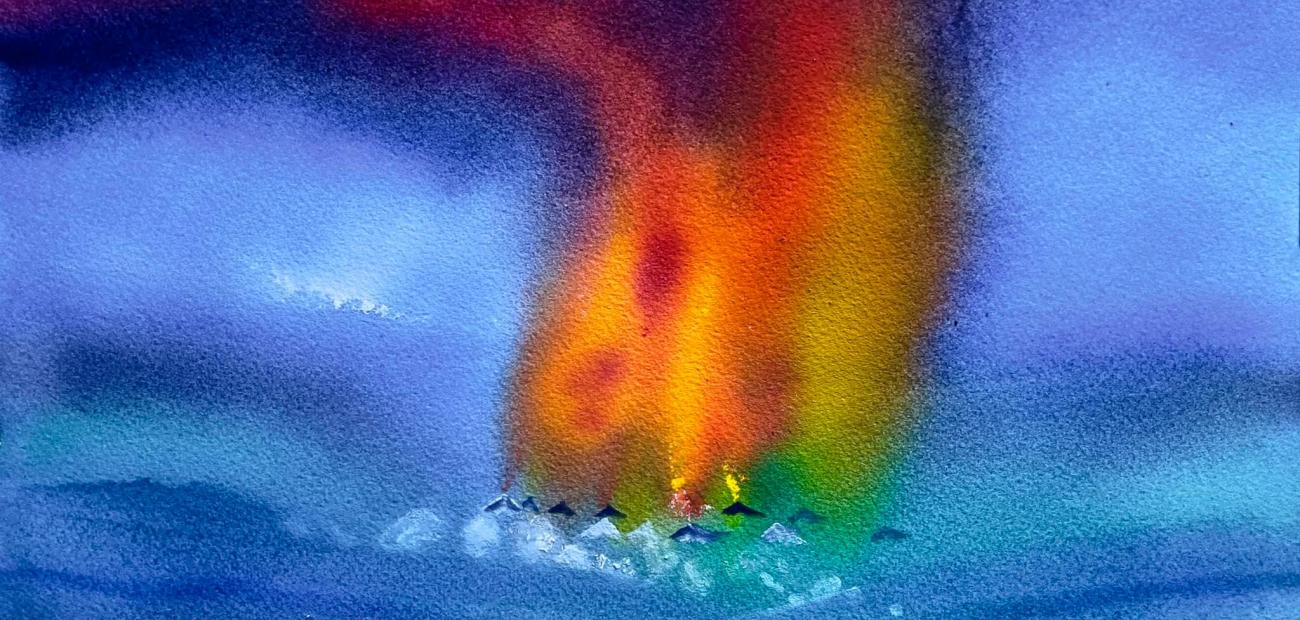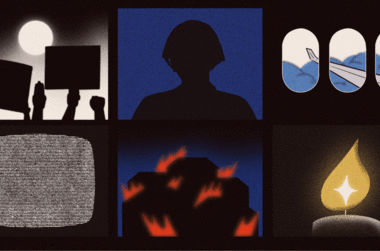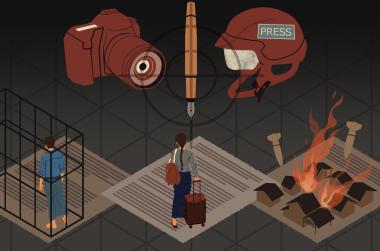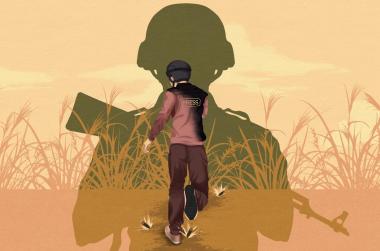The author is a Chin journalist who is receiving support from The Kite Tales to write these diaries.
End of 2020
After the November 8 general elections in Myanmar, pro-military voices started to become louder. They made repeated claims of a lack of fairness in the elections and incorrect voter lists and announcements, accusations and responses flew back and forth between the Election Commission and the Tatmadaw (army).
In my experience, every election has its problems, so there is always a complaint mechanism. But in this case the military, which did not contest the elections, was louder than the political parties that did.
In the 2020 general election, I temporarily halted my neutral role as a journalist to work as a campaign specialist for a Chin party in two townships in Chin State. Despite fielding candidates in a number of places, we won only one seat. We lost narrowly in many places where we should have won. We couldn’t compete with some of the ruling party’s candidates (from Aung San Suu Kyi’s National League for Democracy) who used government machinery and authority to campaign for votes. It is undeniable there was a gap in opportunity between the ruling party and others. So our candidates also wanted to go to court – although the first past the post system means bigger parties have an advantage.
The military’s tone did not change as 2020 drew to an end and those following the politics started to talk about a potential coup. Most of my friends thought the army might seize power, but I did not believe it would happen. This is because the 2008 constitution, drafted by the military, already allows them to steer the country in ways they want to. I also thought that the people, who have had a taste of democracy, would not accept this military overreach.
My certainty wavered when the Tatmadaw Information Minister said it would be wrong to assume the army would not seize power. But I still thought it was just a threat.
I asked a representative from the Chin National Front (the political wing of the Chin National Army) for his opinions.
"It is not for nothing that the Tatmadaw is shouting like this. They have demanded meetings with the NLD government several times. The government hasn’t given an inch,” he said.
“So the military has only two options. Coup or remove Min Aung Hlaing from the post of Commander-in-Chief. If they don’t do one of these two things, the Tatmadaw will have no dignity."
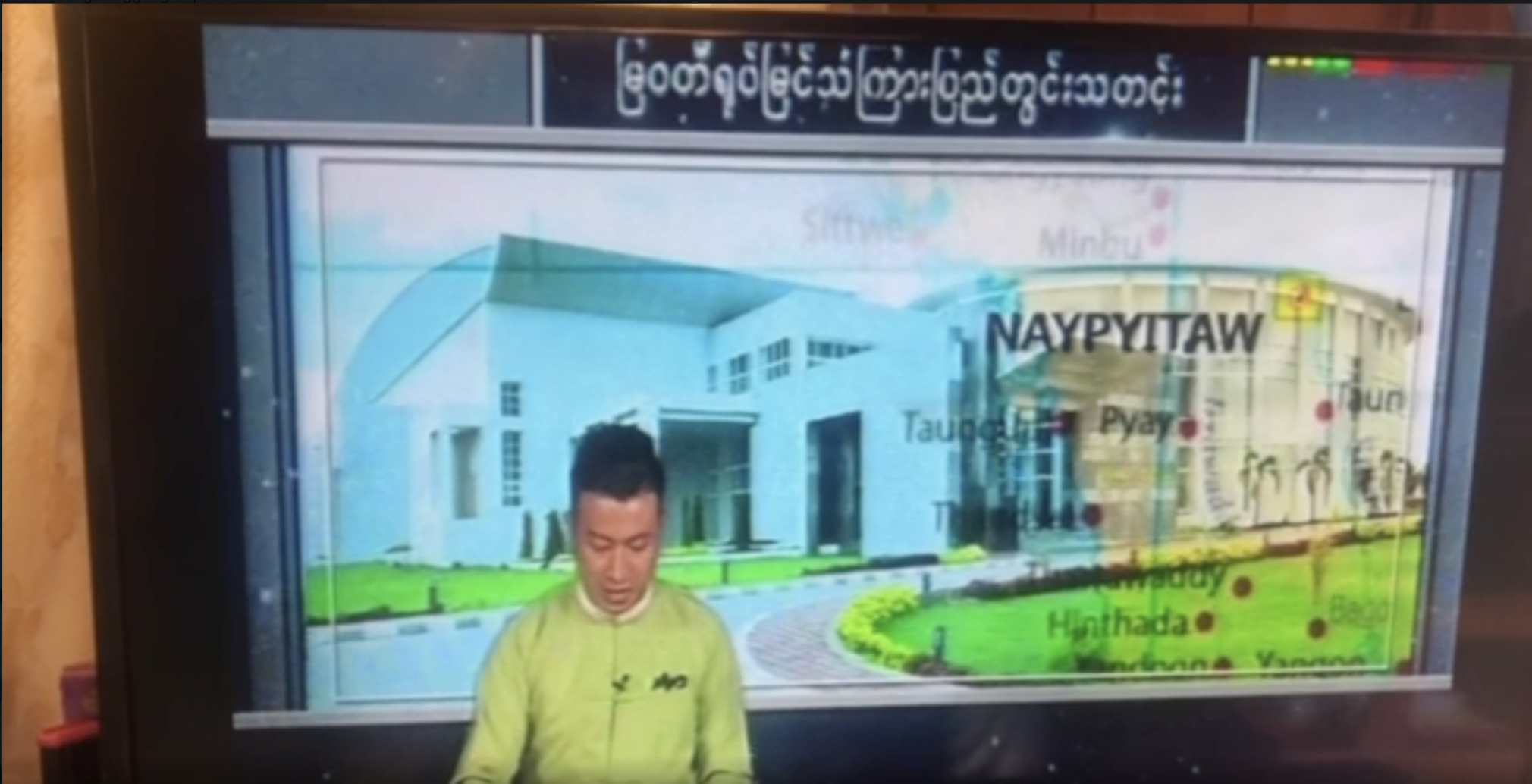
February 1, 2021
It was a cool morning. Quiet too. At 7.20am, my older brother returned from buying breakfast and said: “While you were asleep, the country has changed. As expected, the military staged a coup.”
I saw the internet was down, but I didn’t think it was related. So I went out to ask neighbours who were sitting in the morning sun. They told me the army had summoned the state chief minister and ministers for questioning at around 4am and that something was up. I wanted to be sure, so I turned on the military-owned Myawaddy channel. When I saw them playing military anthems, I knew it was true.
The coup was announced during the eight o'clock news.
It really upset my brother.
"I have now experienced two coups (the 1988 uprising and 2021). I will become a refugee again,” he said.
“Under military rule, there is no security for human rights activists and the media. We have to have a plan."
Within a few days, some young people came to visit us. They expected protests against the coup to erupt across the country and they didn’t want to miss out.
How do we get started? How do we mobilise the people? What kind of slogans should we carry? They were asking us for advice.
In Chin State, the voter lists were accurate and the electoral officials always cooperated with the political parties, even if a handful of candidates used government machinery to campaign. I did not think the election was rigged, like the military claimed to justify the coup. Also, the coup is not just a problem for one political party. It is a national issue. Military rule is unacceptable. So I joined the Spring Revolution.
February 7
Shouting 'Our cause ... our cause', the people took to the streets and the anti-authoritarian movement began.
I will carry the memory of those street protests in Chin State, which continued for the whole month of February, for the rest of my life.
From young kids to 90-year-olds, everyone was out on the streets. Grandparents who couldn’t leave home encouraged their children to take part in the struggle against the dictatorship. Those whose health stopped them from marching, stood in front of their houses holding three fingers aloft. They fed the protesters and gave them water. They shouted for the success of the Spring Revolution.
As the days went on, the military started cracking down on the protests. But the more the military oppressed, the more passionate and committed the youth became. One day in February, during a protest with tens of thousands of people, some young people asked me to make a speech so I did.
I have not slept at my own house ever since. On the advice of friends and colleagues, I now move to a new place every night for my own security.

March
On March 7, friends told me more than 100 Myanmar police and firefighters who were taking part in the civil disobedience movement had arrived in areas controlled by the Chin National Front (CNF). So I became a reporter again and went to see them.
There were families, including young children. Because of the number of people, the living conditions were cramped. I asked them how they were going to make a living and where they were going to go. No one could answer me. They only told me they came to the area because it was safe. Tears welled up in my eyes as I considered their plight. They had to give up jobs and uproot their lives because of the dictatorship.
The military intensified its violent crackdowns and also started committing arbitrary arrests and torture. They were looking for people who took part in the protests and raiding the offices of media outlets and civil society groups day and night. In early March, when the situation became unsafe for us to keep the office open, I packed a bag and left for the liberated area controlled by the CNF.
Within weeks, I could see changes in my surroundings. Many of the younger brothers who had worked with me were starting military training. In a previous life they had been mostly 20-year-olds attending university, educated people with big dreams for the future. Now they had decided that they would have to overthrow the junta to realise their own dreams and also those of future generations.
Five of these young people that I came to know have already died in the fight. Two teenagers who I worked with on the political campaign and who are like younger brothers to me have also left me behind. They used to tell me that it was because of me that they learned about politics, patriotism and the values of justice.
I was extremely proud of their words and their commitment. But now my conscience troubles me. They paid with their lives because of their desire for justice and my beliefs.
This revolution will continue. Young people with a bright future are risking their lives for justice. I have repeatedly asked myself: “Is it a price worth paying?”
I want this revolution, which is being paid for with human life, to end soon. I wish the blood and sweat of the people of Myanmar, who gave their lives for the love of justice, will save the country as soon as possible. I will also continue to fight for justice in any role I find myself in.
Artwork courtesy of Art for Freedom (Myanmar).

